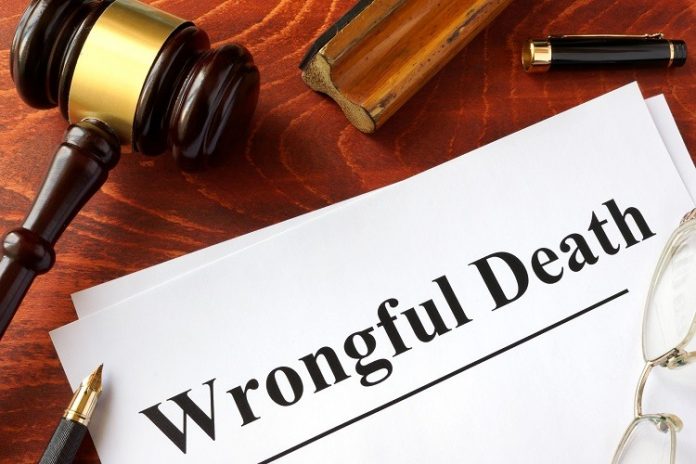There are as many ways to get hurt as there are days in the year, and personal injury cases in the United States are on the rise according to the National Center for Health Statistics. Indeed, according to that report, the nation has seen a spike in litigious actions related to personal injury suits. Whether at work, on the road, under the care of a physician, or in the aisle at your local grocery store, accidents happen and people can get hurt as a result.
As tragic as this fact is however, should the worst happen and your loved one passes away that personal injury case can escalate into a wrongful death suit. If a loved one’s personal injury result in their death, a wrongful death lawsuit might be the only way you are your family can recoup loss and damages in the event of wrongful death.
A wrongful death suit might prove the correct course of action for you and your family in the aftermath of a loved one’s loss, so let’s explore what comprises a wrongful death case and whether that might apply to your situation.
Holding Responsible Parties Accountable for their Actions
We take a lot for granted including the assumption that doctors will bring their A-game to the surgery theater, employers will always take steps to ensure their employee’s safety, or the other driver on the road is devoting 100% of their attention to the road. That being said however, we know that these assumptions are not always correct.
Generally speaking, to bring a wrongful death case to a successful conclusion, various elements must be present in the case to include:
- Death of a human being
- Caused by negligence or intent to cause harm
- Survivors suffer monetary loss as result of death
From medical malpractice, police abuse of power, accidents at work, car wrecks, truck accidents, under supervisory control, or any scenario where the decedent had a reasonable expectation of safety can potentially lead to a wrongful death suit.
Won’t The Police Investigate?
In the event of a death, police will investigate with eye towards protecting the broader public, but the idea that they will investigate the incident with an eye towards identifying financial culpability is not true.
While the police will investigate any criminal components of a wrongful injury or death case, securing adequate compensation for your loss is a civil matter, which is adjudicated in a civil court to assign financial penalties for the party in the wrong.
In addition to any criminal penalties that may apply, a wrongful death claim holds those civilly liable for those responsible for your loved one’s death.
The loss of a loved one has devastating effects on a family that go far past the financial. Filling that loss takes time, adjustment, financial support, and the knowledge that the guilty parties have paid for their malfeasance or negligence.
Assessing Your Legal Rights in Wrongful Death Cases
In the aftermath of a accident, malpractice, or negligent action leading to the injury or death of a person, their family should seek legal counsel from wrongful death attorneys in Dallas. While many families may believe that they have nowhere to turn in such a situation, the truth is that competent legal counsel can advice them of their rights and the best way to secure those rights in a court of law.
If the accident occurred as a result of negligence on the part of another party for instance, the injured employee might have cause to seek out their legal rights in such a situation. Did the burn injury happen in a work space that the injured employee had no way of controlling? Had another worker acted irresponsibly thus contributing to the accident?
An array of factors could have well aligned leading to the death of a loved one or family member. Ensuring that you will receive the benefits that you are due in the event a personal injury results in the passing of the person, you need to speak with a qualified attorney familiar with the intricacies of assessing your case to protect your long term physical and financial recovery of the decedent’s family.









